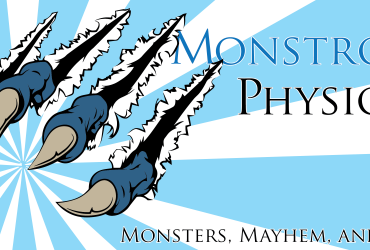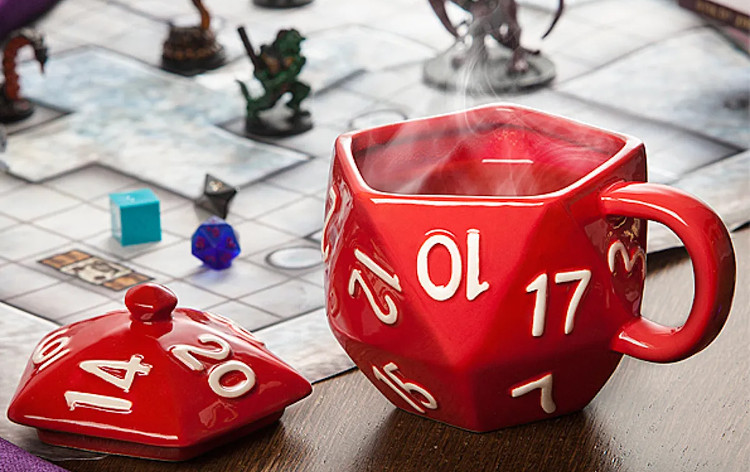Sooner or later, every GM will be faced with a kind of question that brings their gaming session to a screeching halt. They sound something like this:
“Where are we, again?”
“Wait… What’s going on?”
“Remind me… Who are we fighting?”
or perhaps worst of all…
“… Huh?”
Questions like these can derail a gaming session and take all the wind out of a GM’s sails. All the work that you put into getting the party to this point, all the effort you put into crafting this encounter. And someone’s not paying attention. Of course, it’s easy to feel slighted and frustrated at your players in this situation. This can be especially true if you expected a particular reaction from a big plot reveal and instead you get confusion. Or worse, boredom.
In reality, the truth is that you probably lost your players somewhere before this. The reasons for wander attention spans, players zoning out, or just not being engaged in your story can be myriad. But let’s focus one particular reason this is likely to happen and what you, as a GM, can do about it.
All for One? Or One for All?
The most common reason that I’ve seen for my players tuning out is when one person gets an inordinate amount of spotlight during a single scene. This, too, can happen for any number of reasons. But when the spotlight focuses on any one player for too long, the attention of other people at your table can start to drift. Rotating spotlight is an important part of making sure that all players at your table are engaged but the key there is actually keep the spotlight moving.
Similarly, having a specific narrative that focuses on only one player alienate players who aren’t being focused on and sap their attention spans. Players usually require a vested interest to hook themselves into a particular plot line. When the story is about them, it’s easy to keep them interested. But when the story is about someone else, often players will need some support in crafting a reason to care.
This extends to mechanical challenges as well. There’s nothing wrong with an adventure with specific skill challenges or DCs that can only be met by a particular skill set. But if those challenges drag on for too long, players can become bored. It’s not so much that the specific challenges might not be interesting. It’s that if a challenge, encounter, or roleplay moves too far outside a player’s wheelhouse, the chance for their attention to drift increases. Players don’t like waiting extended periods of time to do something. They don’t like waiting for their turn. When they wait too long, out come the phones, up come the internet browsers. Remember that people like playing games. Rarely do they like watching other people play games.
So what do we do about this?
The most direct solution is integrated encounter design. Put the focus of overcoming challenges on teamwork rather than making it about individual achievement. Because, “We did the thing!” is always going to be more memorable a statement than “I did the thing…”
Is your encounter primarily a roleplay where the Faces do most or all of the talking? Interject some bits of intrigue or asides that happen in the background that your other players can notice or part-take in. You could even use this opportunity to add some humor to an otherwise tense or dramatic scene. The party’s bard is trying to convince a local lord to send soldiers to aid a beleaguered caravan. The thief, sees something shiny poking out from the curtain behind the lord’s chair. Do shenanigans ensue? Probably…
Similarly, if an encounter is combat heavy but the party’s bruisers can probably manage it, you can insert things for the other players to do. Say the party is exploring vermin-infested sewer. The fighter and paladin can manage to hold by the gribblies pouring out of the outflow pipe. But the other players need to figure out a way to block it soon or else everyone will be overrun.
The bottom line is to keep everyone involved. Rotate the spotlight and don’t get hung up on the small stuff. Definitely try and avoid encounter or challenges that a single player could solve on their own. Or avoid things that could be easily solved with a single die roll. Does the Wizard have a +10 bonus to Knowledge (History)? Don’t make him roll for that DC12. He just knows. Keep the pace of the game going and focus on making it about overcoming challenges together
How do you keep your games on track? How do you keep your group focused? Let me know in the comments section below!






